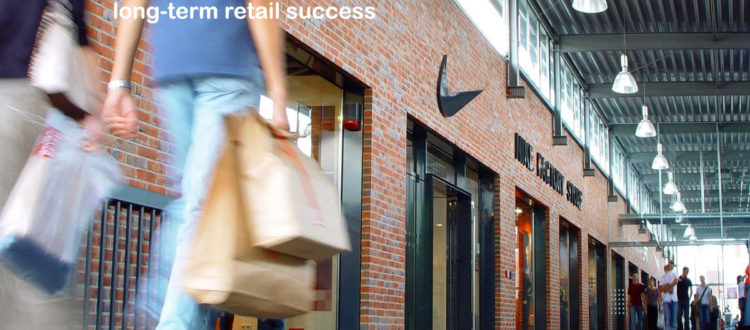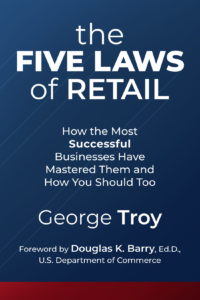Retail’s Cocaine, Booze, Pot, and Sugar
Allen Questrom, former CEO of JCPenney, Macy’s, and other great retail companies, recently said, “The sale has become like a cancer.” His point is that over the years, stores—and in particular department stores—have become overly reliant on sales promotions instead of focusing on having the right product, a great, exciting store environment, and appropriate pricing.
He’s right, of course. What he advocates is for a return to the basic Five Laws of Retail:
- People First
- Turn is Magic
- It’s Always the Product
- It’s the Retail Price, Not the Cost, and
- Protect Your Downside
These Five Laws have been governing retail transactions for thousands of years.
But sale events are not a “cancer.” Promotional events are more like an addictive drug to a retailer. It’s their cocaine, their booze, their pot, their sugar.
And that addiction is never more apparent than this time of year. By the first week of December, if sales are a little below projections and therefore inventories are looking to end a little higher than planned, retail management gets panicky and often reacts by saying, “Let’s have a sale.”
The First One’s Always Free
Sales are addictive for retailers. Like any addict, they don’t plan to lose control over something that starts off so well. At first it’s only a two-day, 25–50% off sale. What happens? There’s a rush. People respond. Cha ching, cha ching. Those results feel pretty good.
So the retailer says to himself, “Wow! That was great! Let’s have another round” (or another hit, to continue the addiction analogy). At first it’s a judicious, measured, and occasional use, maybe just one or two weekends a month. But then, as customers’ expectations and reactions change, so does the usage. The lows between sale events become lower, and the highs—the sale days—become higher to the point where the store really cannot function without these regular fixes. And the retailer becomes an abuser of the substance—the Sale.
The store buys more goods specifically for the sale events. The promotions become longer and start running into each other. Black Friday becomes the Black Friday Weekend becomes the Thanksgiving Week Sale.
Withdrawal Isn’t Pretty
And here’s the thing: once a store goes down that road, it is very, very difficult to go back. The withdrawal can be painful indeed. The retailer must be prepared to sacrifice some short-term sales volume and risk ending the season with heavy inventory. It’s almost impossible to do. JCPenney tried to go cold turkey a couple of years ago by going to a value-pricing strategy with no special sales—ever. Same price day in, day out. It was a colossal failure, and the company nearly went belly up because they tried to do it all at once.
The only way to overcome the sales addiction is to do so incrementally and offer something in its place.
Or better yet, never get started.
Any addiction can lead to other health problems, including cancer, but the root cause remains the addiction. It may be fatal, or it can be managed. But a heavy promotional calendar does invariably create margin erosion that can lead to a company’s fatality.
How to Avoid the Need for Constant Sale Promotions
Running a retail business is one of the most difficult things there is to do. There are pitfalls and risks all along the journey. One of the major ones is the risk of addiction to sale events.
It’s easy to say, “Don’t get started in the first place.” But it’s not that simple. Promotional events are practical and even necessary. I think Nordstrom is a retailer that does one of the best jobs with running sales. They are very disciplined and run just two authentic sales per year, unlike Macy’s, as Mr. Questrom noted.
So if a retailer is going to run an event, they must be completely cognizant of what they’re doing before doing it. As with substance abuse, addiction to promotional events doesn’t happen all at once but by increments.
Brick-and-mortar stores have the ability to create a personal environment and experience that cannot be achieved through other channels. That’s why the formula for long-term retail success always includes:
- stocking the absolute right product ,
- creating an exciting in-store experience,
- offering that perfect product at the right price, and
- building an authentic relationship with customers.
Doing those things well leads to a healthy, prosperous, and long-lived retail store.
How do you feel about sales? Do you shop at store you normally wouldn’t just because the price of their merchandise is reduced? Or are you loyal to your favorite stores even when they aren’t running a sale? Share your favorite stories about retail shopping sales in the comments.















